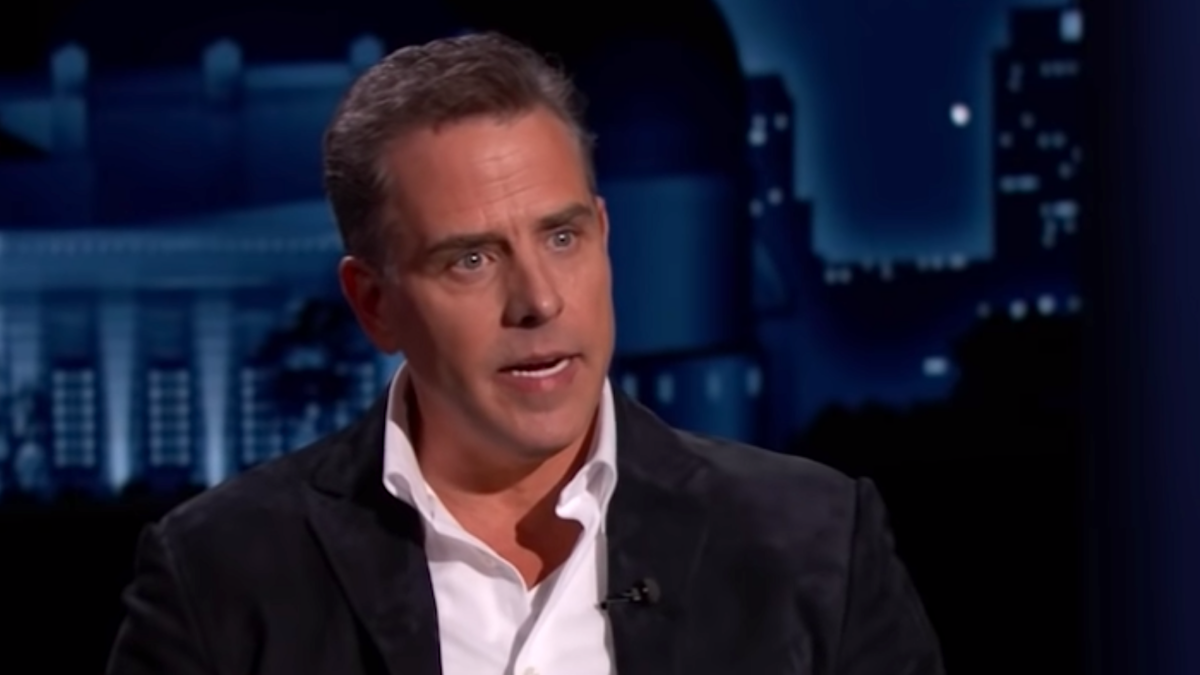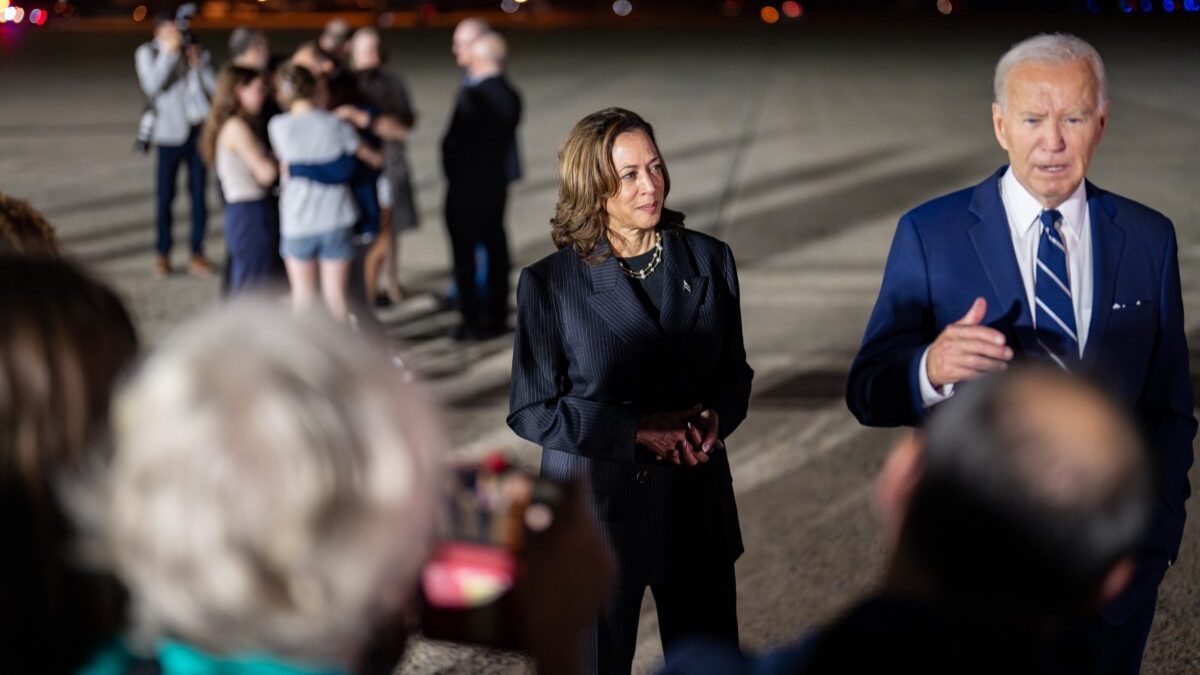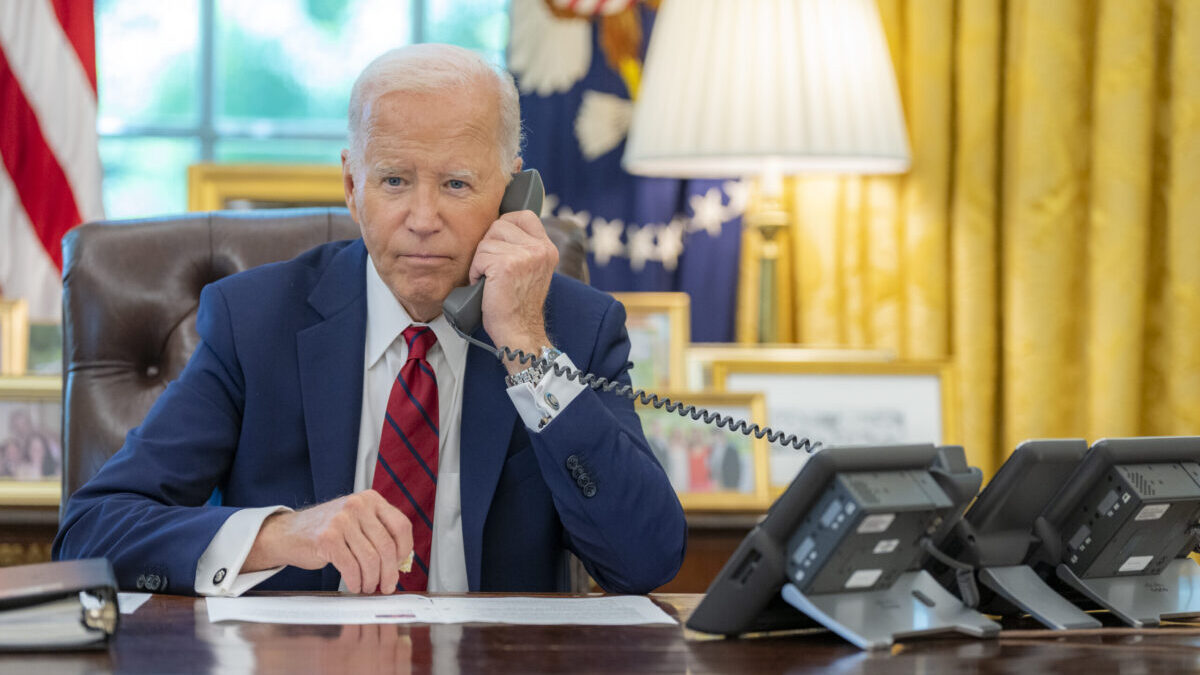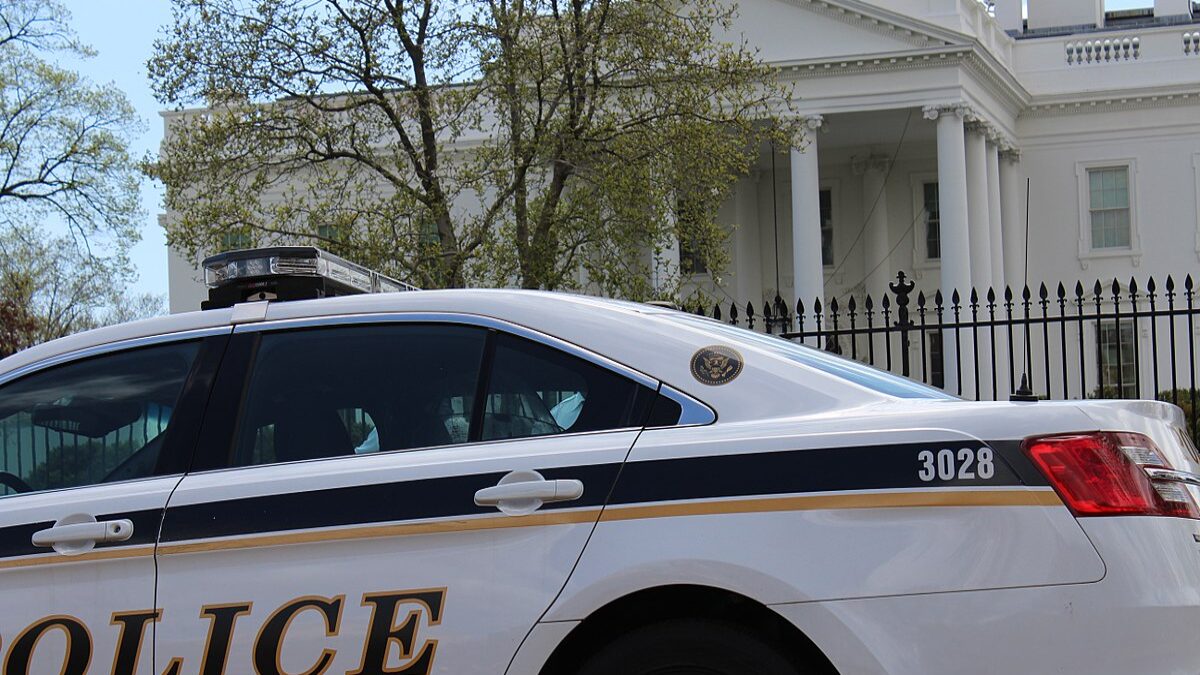The recent charge leveled by multiple whistleblowers that FBI headquarters falsely labeled verifiable evidence of wrongdoing by Hunter Biden “disinformation” raises the specter that agents also impeded the separate investigations run by the Pittsburgh and Delaware U.S. attorneys’ offices.
On Monday, Sen. Chuck Grassley, R-Iowa, announced that “multiple FBI whistleblowers, including those in senior positions” had accused Washington Field Office assistant special agent in charge Timothy Thibault and other FBI officials of “falsely portray[ing] as disinformation evidence acquired from multiple sources that provided the FBI derogatory information related to Hunter Biden’s financial and foreign business activities, even though some of that information had already been or could be verified.”
The whistleblowers, Grassley explained, had further claimed that “in August of 2020, FBI supervisory intelligence analyst Brian Auten opened an assessment, which was used by a team of agents at FBI headquarters to improperly discredit and falsely claim that derogatory information about Biden’s activities was disinformation, causing investigative activity and sourcing to be shut down.” “The FBI headquarters team allegedly placed their assessment findings in a restricted access subfolder, effectively flagging sources and derogatory evidence related to Hunter Biden as disinformation while shielding the justification for such findings from scrutiny,” according to Grassley.
Conflicting Stories
This explosive revelation conflicts with the storyline leaked by law enforcement officials to the New York Times shortly after Joe Biden’s election — just as news of the investigation into the financial dealings of his son reached a fever pitch.
Soon after Hunter Biden disclosed that the Delaware U.S. attorney’s office was investigating him and had served multiple subpoenas on him and his business associates, the Times published a story discussing the separate investigation run out of the Pittsburgh U.S. attorney’s office.
“As federal investigators in Delaware were examining the finances of Hunter Biden during his father’s campaign for president, a similar inquiry ramped up this year in Pittsburgh, fueled by materials delivered by President Trump’s personal lawyer Rudolph W. Giuliani,” the Times article opened. “Attorney General William P. Barr had asked the top federal prosecutor in Pittsburgh, Scott W. Brady, to accept and vet any information that Mr. Giuliani had on the Biden family, including Hunter Biden,” the December 14, 2020, article continued, claiming that “Brady hosted Mr. Giuliani for a nearly four-hour meeting in late January to discuss his materials.”
The Times article then proceeded to paint the then-Pittsburgh U.S. attorney as a partisan hack and, relying on unnamed sources, claimed that Barr’s decision to direct Brady to oversee an “intake process for information about Ukraine to ‘assess its provenance and its credibility,’” was “highly unusual because prosecutors in Delaware had already been scrutinizing Hunter Biden for more than a year.”
Barr made clear at the time, however, that investigators had to be careful about any information originating from Ukraine because “there are a lot of agendas in the Ukraine, a lot of crosscurrents.” “We can’t take anything we received from Ukraine at face value,” Barr stressed. And the Times — while spinning the narrative that there was something nefarious about Barr’s decision to task Brady with oversight of information provided by Giuliani, claiming “the arrangement immediately raised alarms within the F.B.I. and the Justice Department” — even acknowledged in its article that Barr “has farmed out other politically sensitive investigations to trusted U.S. attorneys outside Washington.”
Then, relying “on interviews with five current and former law enforcement officials and others with knowledge of F.B.I. interactions with the Justice Department,” the Times reported that Brady sought “to take aggressive steps,” including having the FBI interview a list of potential witnesses, which supposedly “prompted a tense confrontation with F.B.I. officials at the bureau’s headquarters in Washington.”
Significantly, the Times reported that “the F.B.I. viewed the investigative steps into Mr. Biden that Mr. Brady sought as unwarranted because the Delaware inquiry involving money laundering had fizzled out and because they were skeptical of Mr. Giuliani’s material. For example, they had already examined a laptop owned by Mr. Biden and an external hard drive that had been abandoned at a computer store in Wilmington and found nothing to advance the inquiry.”
The Times had previously reported that “as part of the F.B.I.’s closely held money-laundering investigation into [Hunter] Biden, agents working with federal prosecutors in Delaware authorized a federal grand jury subpoena and obtained the laptop and an external hard drive.” In seizing the laptop and external hard drive from the Delaware repair store, the FBI’s receipt confirming the seizure “included an F.B.I. code, 272D, the bureau’s internal classification for money laundering investigations, and ‘BA’ for its Baltimore field office.” (The FBI’s Baltimore field office supports the Delaware’s U.S. Attorney’s office.) But, according to the Times’ sources, “the F.B.I. examined the laptop but that its contents did not advance the money-laundering investigation.”
An FBI Leak
But now, some two years later, we know that the Times reporting is factually incorrect, which even the New York legacy outlet’s coverage earlier this year confirms, in two respects. First, the “money laundering” aspect of the Delaware inquiry into Hunter Biden had not “fizzled out,” but according to their sources remains a part of the Delaware U.S. attorney’s grand jury investigation. And second, the laptop contained evidence supportive of the money-laundering probe and potentially other crimes.
Yet in 2020, five officials told the Times a different story, and some further claimed that in response to the Pittsburgh U.S. attorney’s investigation, FBI agents “found ways to ostensibly satisfy Mr. Brady,” raising questions of how precisely they thwarted his investigation.
When coupled with what the multiple whistleblowers, including some in senior positions, told Grassley, it appears the FBI headquarters either improperly withheld information or presented inaccurate information to the U.S. attorney’s office in Pittsburgh and possibly also Delaware.
And what better way to hide that fact than for FBI headquarters to leak to the New York Times that the laptop held nothing nefarious and to portray any investigative findings coming from the Pittsburgh U.S. attorney’s office as politically suspect? With that narrative in place, other FBI agents, including those supporting the Delaware U.S. attorney’s office investigation, would have no reason to question FBI headquarters’ claims that evidence was “disinformation.”
What other purpose would the leaks to the Times serve? With a Biden election, a new slate of U.S. attorneys would soon be on the job, so the political hit on Brady made no sense at that late date. Similarly, many of the complaints aired in the December 2020 piece by the Times’ sources concerned fears that Brady or his team would influence the November 2020 election by leaking details of the investigation, but with the election over and without any leaks, that criticism rang hollow.
But if the five unnamed officials knew they had withheld information from the Pittsburgh and Delaware U.S. attorney’s offices related to the investigation into the Biden family and/or had improperly closed down sources and evidentiary trails as alleged by the whistleblowers, then creating the public perception that there is “no there, there” would help hide this reality.
So as Grassley proceeds with his investigation into the whistleblowers’ allegations, he should also assess whether FBI headquarters withheld or provided inaccurate information to the two U.S. attorney’s offices that had been charged with investigating Hunter Biden and his family business dealings. More significantly, with the Delaware U.S. attorney’s office still investigating Biden, it is imperative that prosecutors there — or better yet, a special counsel — review all evidence gathered by the Pittsburgh office and any files touched by FBI headquarters to ensure the integrity of the investigation.
Former U.S. Attorney Scott Brady and Delaware U.S. Attorney David C. Weiss both declined to comment in response to inquiries by The Federalist. Grassley’s office, however, confirmed to The Federalist that the senator has not spoken with either the Pittsburgh or the Delaware U.S. attorney’s offices about the whistleblowers’ allegations.









